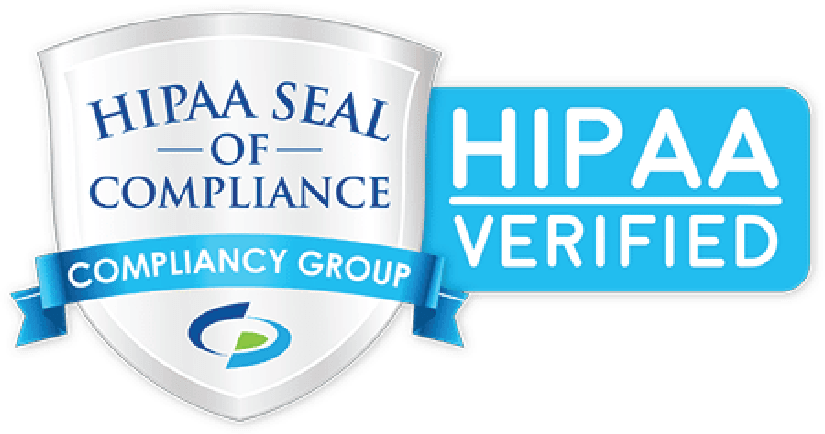CISA’s Third Entry In The Cyber Essentials Toolkits Series: Your Systems
Following their Cyber Essentials resource, CISA has rolled out an additional six Cyber Essentials Toolkits. The third explores best practices for understanding and securing your organization’s network.
The question is: do you know if your network is up to date and secure?
Often the least thought of aspect of an IT infrastructure, the network is just as vital as any other part – why? Because it is everything. Both literally and otherwise, the network ties everything together, and by definition, includes all aspects of the environment.
That makes it central to your overall IT security. An unmanaged network is often plagued by a lot of frustrating and dangerous spam as well. It may be harmless emails promoting sales, or it may be truly dangerous messages containing viruses and malware – in either case, it is not something you should have to deal with during your workday.

CISA’s Essential Actions For Securing Your Network
Understand Your Network
Make sure to take an inventory of all your hardware and software assets so you know what is in-play and at-risk from attack.
Manage Updates & Patches
Never ignore software update notifications. Software updates are not just made to improve the functionality of a certain software; they also serve as a patch for recently identified vulnerabilities that can be exploited by hackers.
Configure Hardware and Software Securely
Your firewall is your first line of defense for keeping your information safe. A firewall is a particular type of solution that maintains the security of your network. It blocks unauthorized users from gaining access to your data. Firewalls are deployed via hardware, software, or a combination of the two.
Furthermore, antivirus software provides a software-based lawyer to protect against other threats. Make sure to allow your antivirus to check for new updates every time you start up your computer.
Remove Unsecured Hardware & Software
As a part of your network inventory process, you should be double-checking that no vulnerable or unnecessary software is allowed to remain on your network. Regularly check your systems to make sure that only secure software is installed and in use.
Harness Browser And Email Security Capabilities
Make sure to enable browser and email-based cybersecurity defenses. Your browser can warn users about visit unsafe websites, and your email’s spam filter can be used to prevent dangerous phishing emails from ever making it into the inbox.
Implement Network Security Policies
Make sure to control access to all computers and network equipment. Security breaches are usually inside jobs. You need to be able to trust whoever you give access to highly confidential business data. Furthermore, create a list of applications that have been approved for use, and ensure your staff sticks to it.
The fact is that misuse of privilege is often one of the most common ways for cybercriminals to penetrate a network. Make sure to limit administrative privileges to those who actually require it. The fact is that the common business user should not require administrative privileges to do their job – whether that is for installing software, printing, using common programs, etc.
Kraft Technology Group Will Secure Your Network For You
Network security — and IT security as a whole — can be a complicated subject that is often ignored because of those same reasons. Most business owners are not totally sure their networks are secure – are you?
That is why it is so important to work with an IT company that will incorporate network security into your IT security. Kraft Technology Group will handle your network security for you — but only if you get in touch.
Talk to our team to make sure your network is secure and in line with CISA’s Cyber Essentials Toolkits.
Click here to get in touch with us and schedule a consultation.




